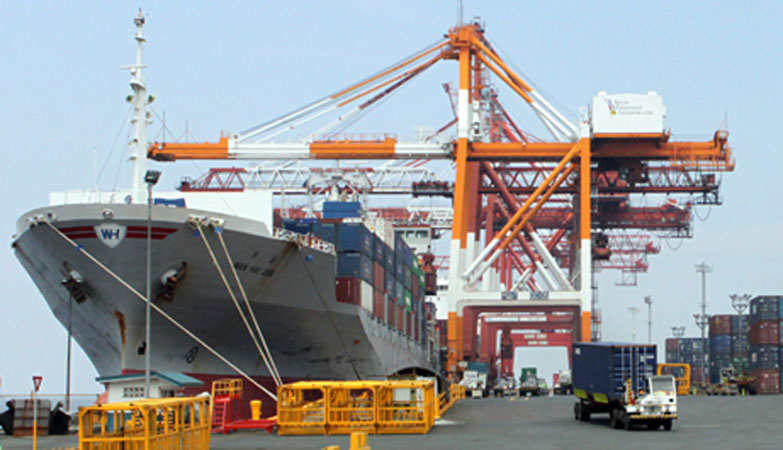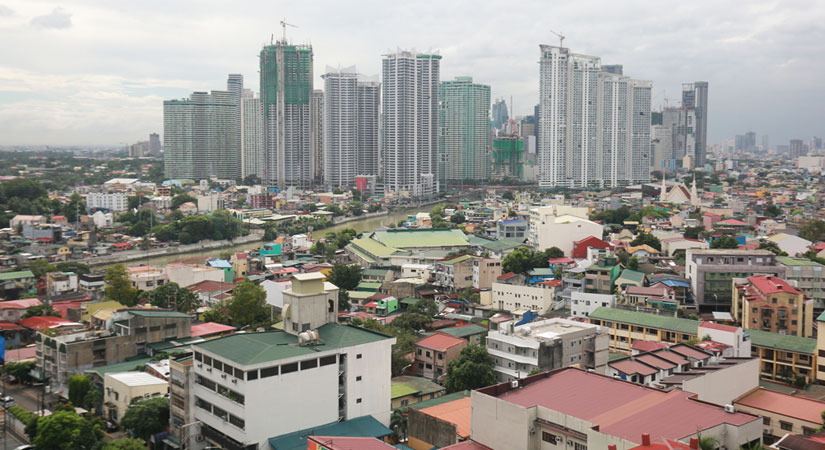
Upgrade to High-Speed Internet for only ₱1499/month!
Enjoy up to 100 Mbps fiber broadband, perfect for browsing, streaming, and gaming.
Visit Suniway.ph to learn

With the World Bank projecting an average of three job seekers competing for every job over the next decade, the Philippines has expressed support for the Washington-based multilateral lender’s new job creation plan, which aims to improve the quality and availability of jobs in developing economies like the Philippines.
According to the World Bank’s estimate, 1.2 billion young people in emerging markets and developing economies (EMDEs) will enter the workforce over the next ten years, but only 420 million new jobs will be available. This prompted the bank to focus on job creation in its agenda, the Department of Finance (DOF) said in its statement released Tuesday, May 6.
Citing this, the DOF said it supports the World Bank’s measures towards generating employment and advancing the quality of jobs EMDEs. International Finance Group (IFG) Undersecretary Joven Balbosa stated the government’s support during a constituency meeting late last month.
Balbosa argued that “while the private sector plays a huge role in job creation, it is essential to recognize the role of the public sector in laying the foundations through basic infrastructure, policies, and regulatory reforms, as preconditions for businesses to thrive.”
“As a result of intensive and sustained government efforts, the Philippines’ startup scene, growing digital economy, and increasing micro, small and medium enterprises’ (MSMEs) participation present a strong foundation to generate and advance the quality of jobs,” the DOF said.
Amid current global challenges, it has urged the World Bank to stay committed to its evolution roadmap, which aims to strengthen the lender’s response to issues such as poverty, inequality, and climate change.
“We must follow through the roadmap’s deliverables, and on the promise of a bigger and better bank that is fit-for-purpose to respond to the most pressing needs of people and the planet,” Balbosa said.
Also, the DOF welcomed the World Bank’s efforts to make International Bank for Reconstruction and Development’s (IBRD) financing more affordable for developing countries. The DOF said it hopes for further pricing reforms, including the removal of front-end fees.
It also urged the World Bank to broaden its Framework for Financial Incentives (FFI) by adding price incentives for projects that tackle global issues and create cross-border benefits.
The DOF emphasized that the World Bank’s shareholding review should uphold the Lima Principles to ensure fairness and protect the voting power of developing nations.
“We strongly urge that any proposal be supported by comprehensive simulations and undergo full and transparent consultations within the constituency,” Balbosa said.
Philippine finance officials joined the EDS15 Meeting in Washington to represent the country’s interests in World Bank decision-making.

 1 month ago
12
1 month ago
12



